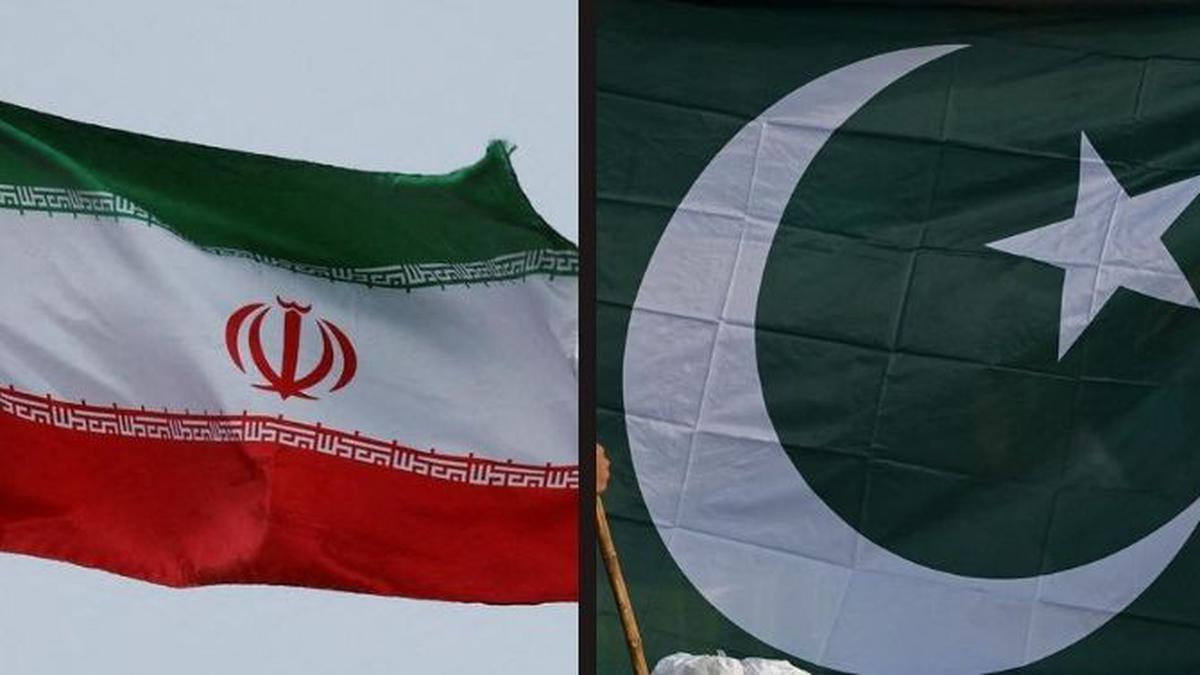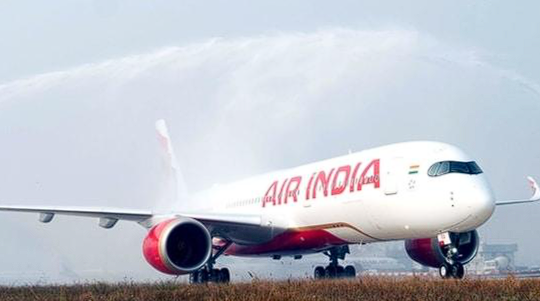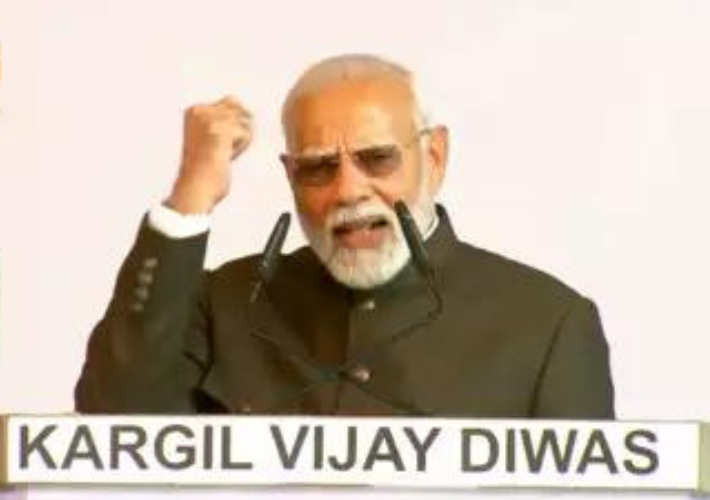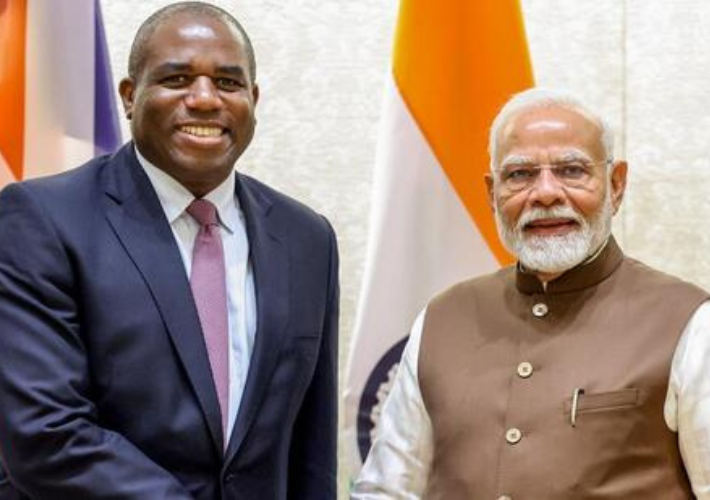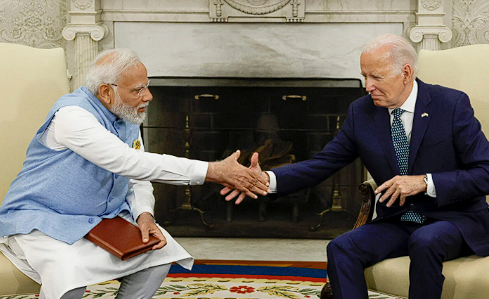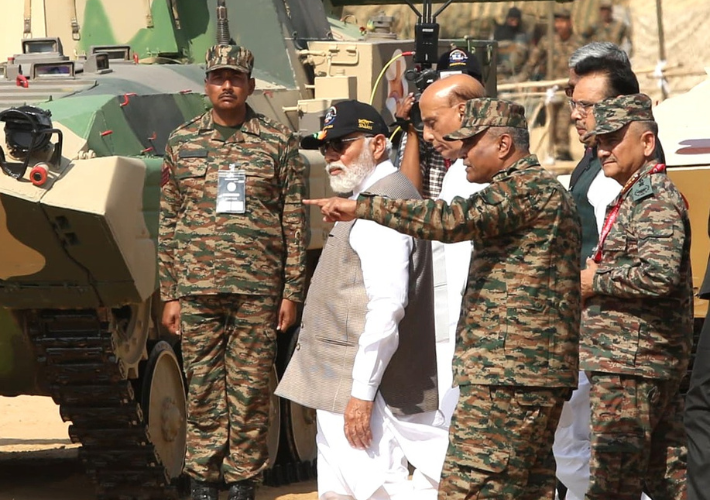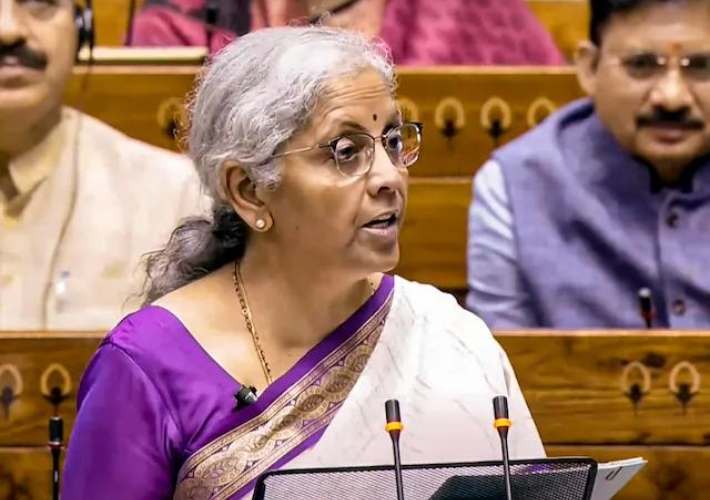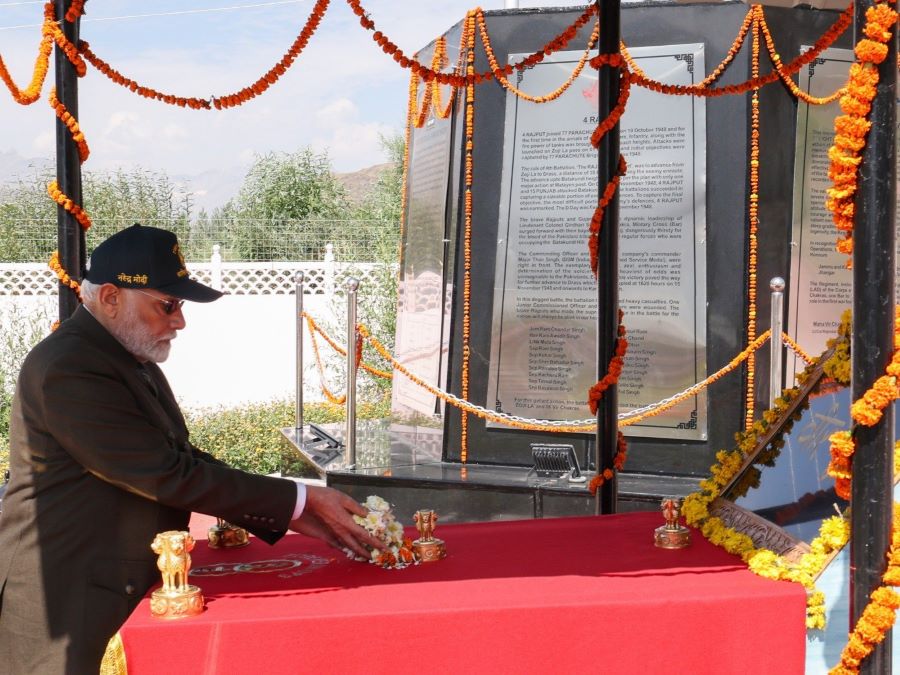The Iranian Major General Qasem Soleimani was killed on 3 January 2020 by an American drone strike near Baghdad Airport, Iraq. The Iranian General was the Head of the Quds Force, which operates under the IRGC (Iranian Revolutionary Guards Force). Four years later, when on 25 December 2023, an Israeli air strike just outside Damascus killed Brig Gen Sayyed Razi Mousavi, retaliation was expected.
The Iranians retaliated with a missile attack the same day. According to the Iranians, the target was an Israeli Spying Centre near the US Consulate in Irbil, Iraq.
On 16 January this year, Iran surprised many by launching air strikes and missiles on a Baluch separatist group, Jaish ul-Adl, in Baluchistan, Pakistan. Jaish al-Adl is a Sunni militant and Baluch separatist movement. The group currently operates in southern Iran. Iran has stated that Saudi Arabia, the US and Pakistan back the group. The group advocates the independence of Sistan and Baluchistan.
Surprise is the most significant battle-winning factor in warfare. We witnessed a display of it on the 7th of October last year when Hamas attacked Israel, achieving surprise not only in terms of time and place but also in the methodology adopted for the attack. Iran striking purported US or ‘Zionist’ intelligence bases in other countries may have been anticipated, but an Iranian strike in Pakistan was barely conceivable.
Perhaps, this is another evidence of the expanding battle zone Gaza to far greater frontiers. It will not just be Houthis serving as proxies, but Iranian forces themselves are in the battle already. However, it has to be kept in mind that the killing of the Iranian General lit the fuse and aggravated the situation.
What’s important is the choice of target when the Iranian objectives in Baluchistan are analysed. Baluchistan is a hugely restive Pakistani province that borders Iran. Baluchi resistance groups have been fighting the Pakistan Army for decades in Baluchistan. The Pakistani province also borders Iran, and the Baluch groups that want secession from Pakistan will be most elated by the attack.
The latest strike was not the first time Iranian forces had hit inside Pakistan, but this is the deepest inside Pakistani territory. In 2021, Iran retrieved two Iranian soldiers captured by Jaish al-Adl inside Pakistan. In 2017, the Pakistani Air Force shot down an Iranian drone. All in all, the Iranian strike inside Pakistan, mired in political and economic crises, has left its caretaker government facing a difficult decision about whether to retaliate. Although Pakistan has expelled the Iranian ambassador and recalled its envoy from Tehran with a warning that it reserved the right to respond, it risks getting drawn into Middle East conflicts it has avoided so far.
India backs Tehran’s self-defence that assumes significance in the wake of the just-concluded visit by S Jaishankar to Iran. Indian Foreign Ministry said it understands actions countries take in self-defence and reiterated that we have an uncompromising position towards terrorism. Iran said its missile strikes had been in response to terrorist attacks within its borders.
Meanwhile, news of Pakistani retaliation is already been received. Pakistan has undertake coordinated ‘precision military strike in Siestan-o-Baluchistan’ according to a press release of the Ministry of Foreign Affairs. A flare-up along the Iran-Pakistan border may give India a respite, but it is not the answer to stability in the region. The Iranian attack and Pakistani counter attack does open a window for Pakistan to receive more aid from the West; however, saddled with its own problems, Pakistan is not in a state to take on the burden of an external threat.
Brig SK Chatterji (Retd)




